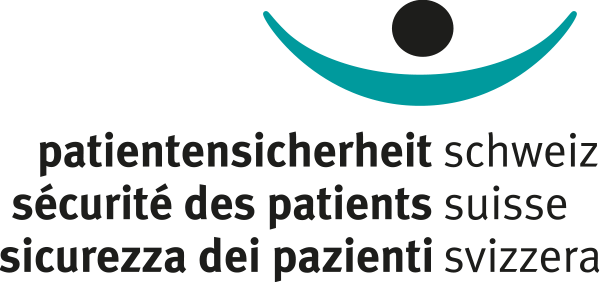
Abdominal Wall Hernia
Do you have any questions? Benefit from personal advice on second medical opinion and choice of hospital:
+41 41 228 09 94
An abdominal wall hernia can only be prevented to a certain extent. These factors increase the risk that an abdominal wall hernia may form:
Weakly formed abdominal muscles or weak connective tissue
Tobacco use and diabetes
Operation scar or pregnancy
Family or genetic predisposition
It would help to reduce weight if, in doing so, it causes your abdominal pressure to decrease. If you give up smoking, or treat conditions such as diabetes well, you can reduce the risk of wound healing disorders and, thus, of hernias. After a major abdominal operation, patients temporarily wear an abdominal bandage, which should stabilise the abdominal wall.
Your guide:
Your checklist:
Further information:
The most common is the inguinal hernia: About 25 out of every 100 men and 2 out of every 100 women will have an inguinal hernia during their lifetime. Navel and incisional hernias (which develop in the area of a previous operation suture) follow in second place. Rarer are abdominal wall hernias in the upper abdomen or at the diaphragm.
Not every hernia requires an operation. If the hernia does not cause discomfort and the risk of complications is low, an operative intervention can be avoided. This also applies if a person is very old, weak, or seriously ill and the hernia poses no acute risk.
When hernias do not disappear on their own and need to be treated, the only option is an operation.
CONCORDIA has commissioned the institute B,B,S. Economic Consultants in Basel to evaluate the treatments and operations on abdominal wall hernias in all Swiss acute care hospitals – independently, neutrally, and according to statistical quality criteria.
The quality of inpatient treatment was assessed, along with the length of stay and the hospital costs.
During a personal conversation, we will show you, on the basis of the results, which hospitals throughout Switzerland have excelled over the years in the treatments and operations of abdominal wall hernias in terms of quality and efficiency.
Use our consulting offer to find out which hospital is most suitable for your treatment.
Naturally, you still have the choice of when and where you would like to be treated, in line with your basic and supplementary insurances.
Adhere to the suture care and check-ups according to the prescription of the operating surgeon.
Avoid lifting heavy objects or do not apply excessive pressure on the wound.
Rest for the first few days, and ensure a light diet for soft bowel movements.
Avoid sports until the surgical suture has healed. Otherwise, it could be overstressed by excessive stretching.
Give us your feedback: What experiences have you had with the CONCORDIA Health Compass? Do you have questions about using it?
What suggestions do you have for us? Or maybe you didn't find what you were looking for?
Call us on +41 41 228 09 94. Or write your message to healthcompass@concordia.ch.
We would be happy to provide further assistance.




